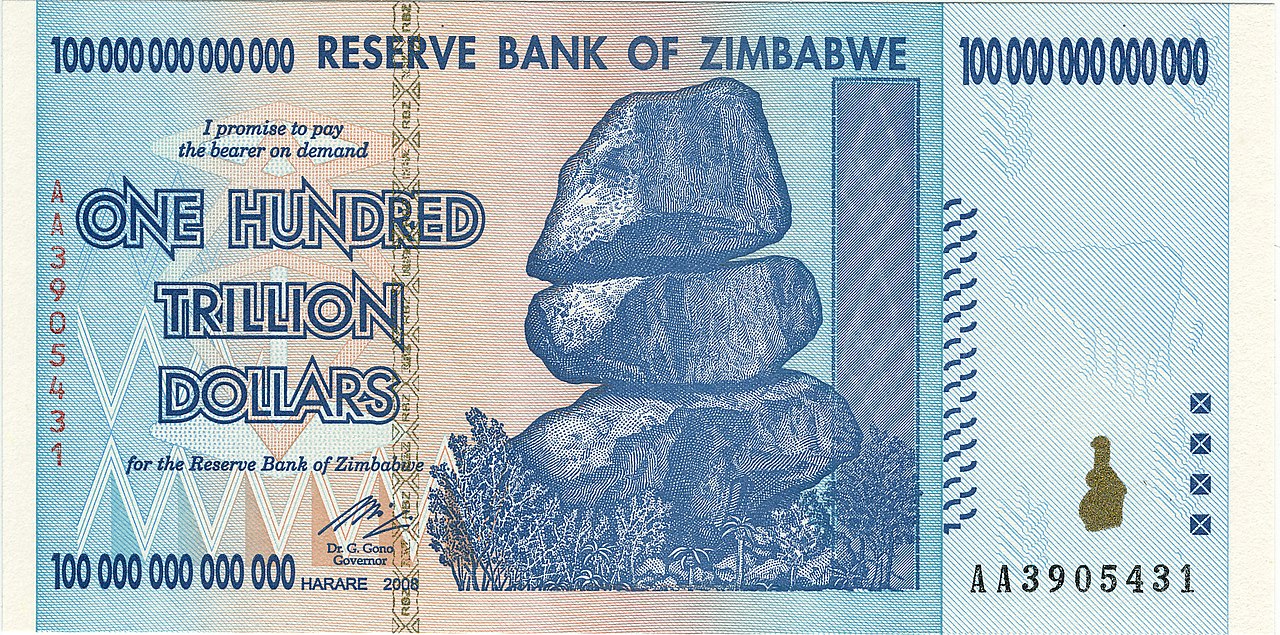tmm99
Give me a museum and I'll fill it. (Picasso) Give me a forum ...
- Joined
- May 15, 2008
- Messages
- 5,221
First off, I am not finance savvy, so hence the title of this post.
What is inflation? What causes inflation?
Does the market follow inflation (do stock prices go up when inflation goes up?) How do you protect yourself from inflation?
Do we lose buying power in a foreign country when inflation goes up?
Do we end up exporting more stuff to foreign countries because our prices look better (lower) in the eyes of foreign currencies?
That's about it for now...
Thank you very much....
What is inflation? What causes inflation?
Does the market follow inflation (do stock prices go up when inflation goes up?) How do you protect yourself from inflation?
Do we lose buying power in a foreign country when inflation goes up?
Do we end up exporting more stuff to foreign countries because our prices look better (lower) in the eyes of foreign currencies?
That's about it for now...
Thank you very much....



